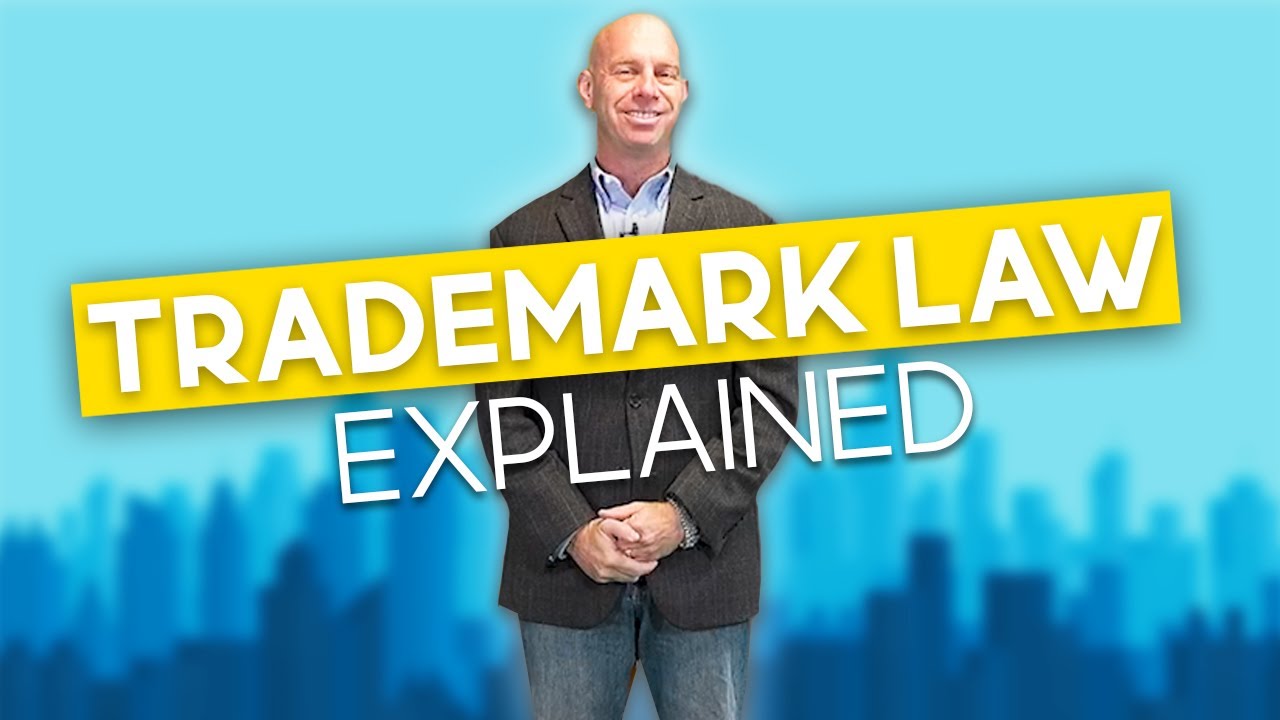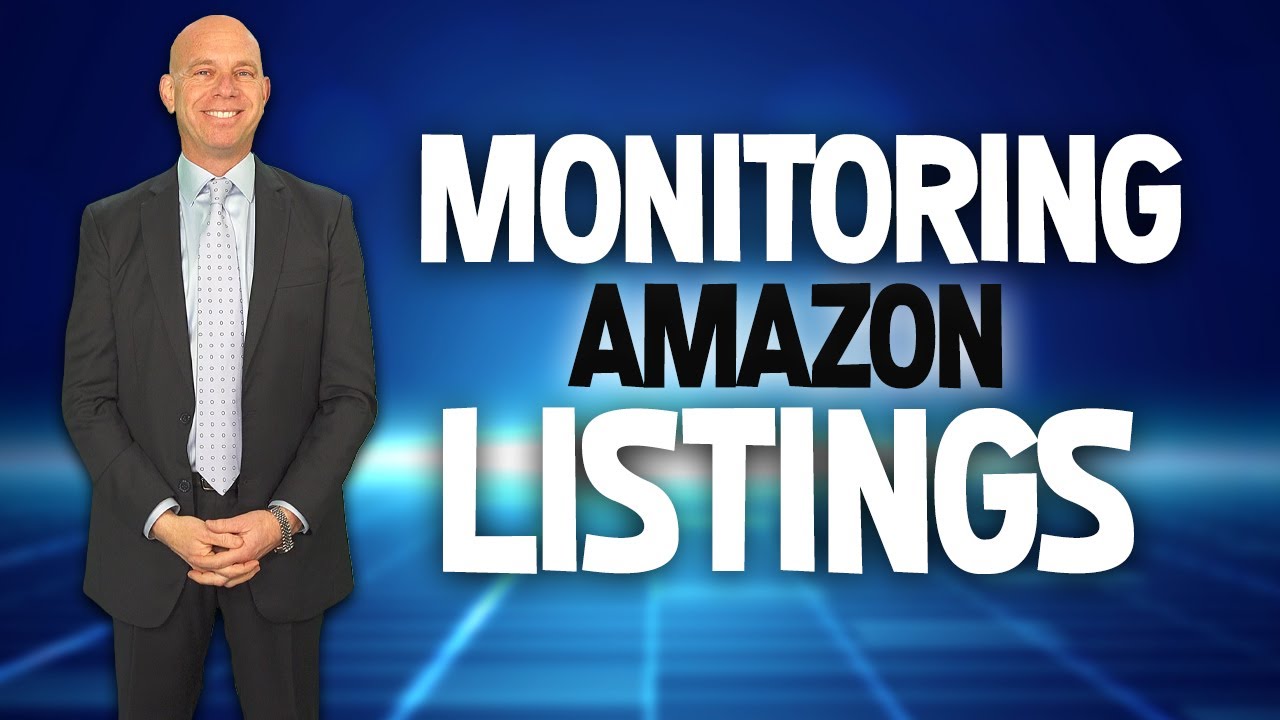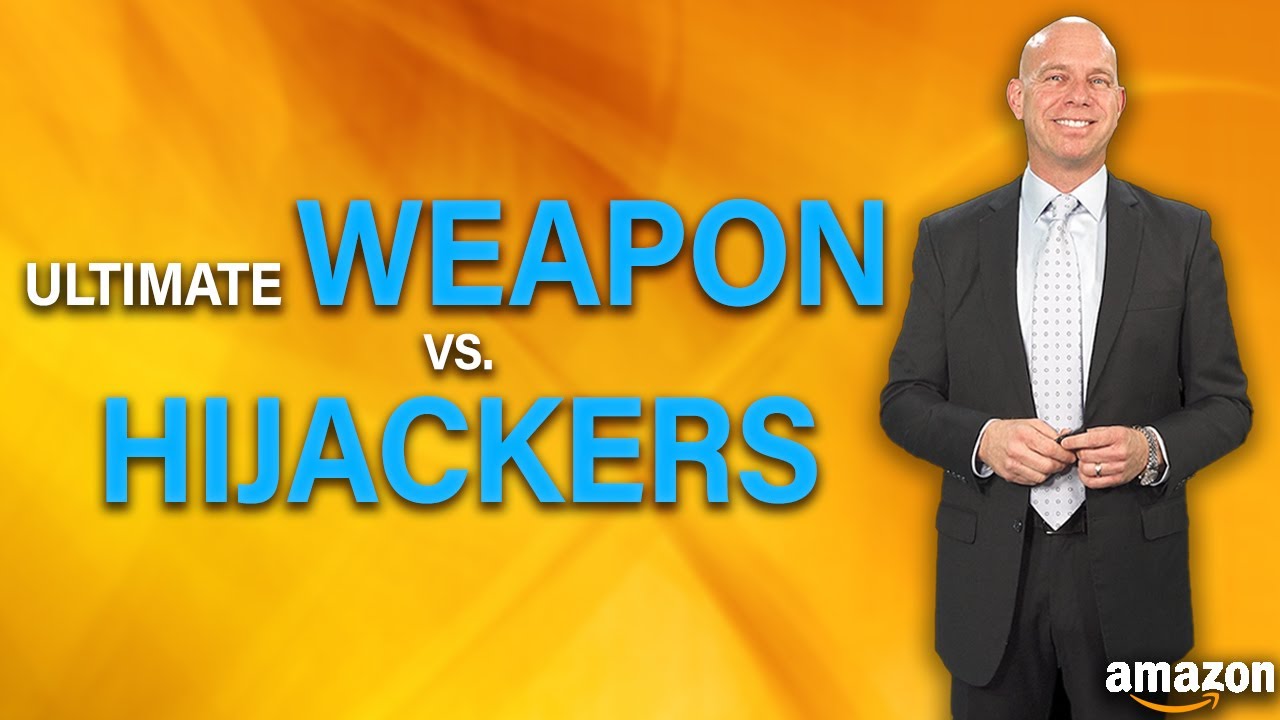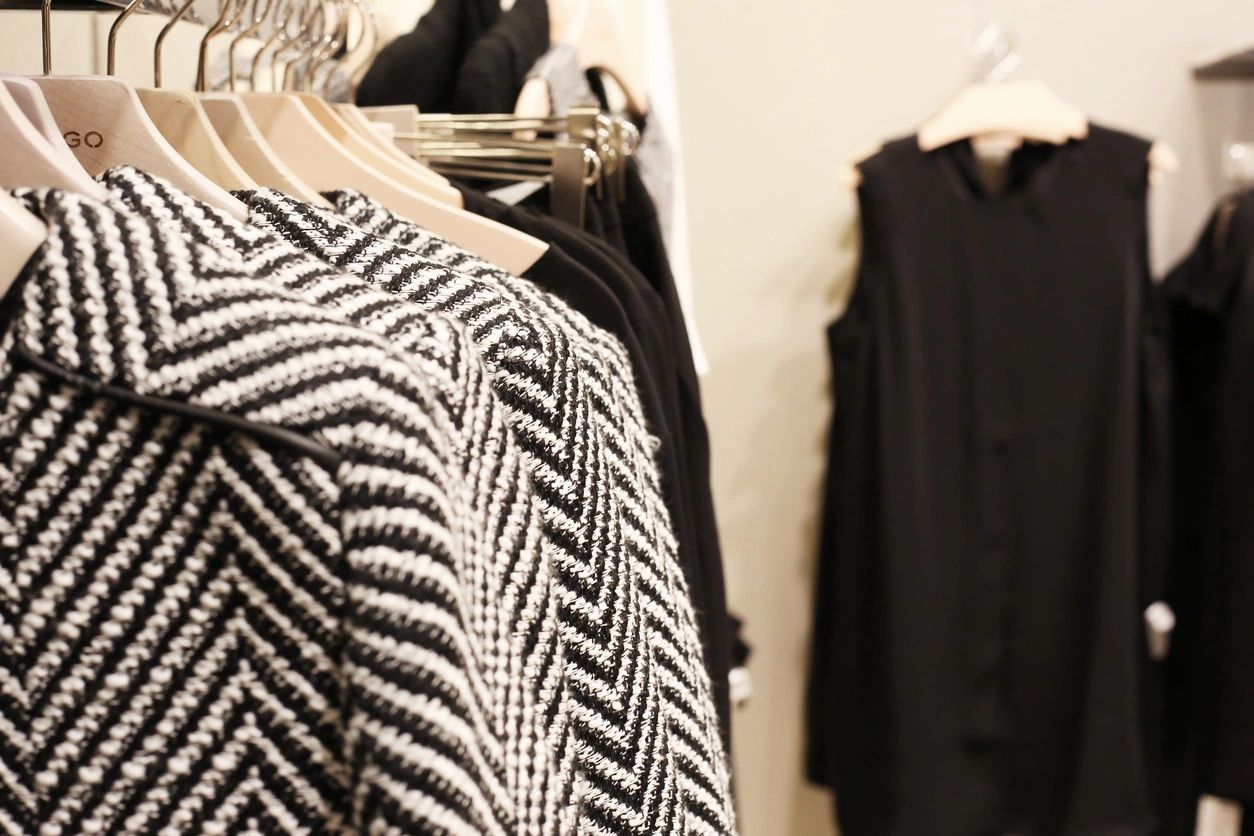
Nefarious individuals are everywhere waiting to infringe on your band’s trademark rights and merchandise.
These people often set up outside the venue you are playing for the night and attempt to profit off your hard work and dedication.
How can bands protect themselves, their registered marks, and general good will of their fans? Bands have to be proactive in preventing those individuals or groups who wish to infringe on the band’s mark. Prevention is the name of the game when it comes to protecting those marks and merchandise sales. There are several tools bands can employ to ensure their rights are being protected and enforced. One such tool that is common, even among globally known acts such as Beyoncé, Jay Z, and Coldplay, is the preliminary injunction.
In 2016 Coldplay filed a request for a preliminary injunction and seizure order. The band was set to play several shows in New Jersey at one of the largest venues in the state and sale of counterfeit items near the venue concerned the band. Naturally the band did not know who the counterfeiters were because the event had yet to take place. Luckily, there is hope for bands that have a reasonable forecast of counterfeit goods with the band’s marks being sold near their shows. Bands can take note of Coldplay’s action and file for a preliminary injunction.
What is a preliminary injunction and how can bands use it to protect their trademark rights?
 Preliminary injunctions are court orders that prevent another party from acting in order to protect the interests of the party requesting, or “moving”, for the order.
Preliminary injunctions are court orders that prevent another party from acting in order to protect the interests of the party requesting, or “moving”, for the order.
These orders are typically granted when the party seeking the order can show a judge that without it they will suffer irreparable harm, in the case of a band, this will be huge losses from merchandise sales. Once the moving party has shown irreparable harm, the judge will decide whether to give the order if they believe that the harm can be proven at trial and there are no public or private interests that outweigh the interest of the moving party.
These orders can help keep your sales from going up in flames. Numerous artists have used, and will most likely continue to use this tactic to protect themselves and their sales.
Returning to the Coldplay example, the band had filed for a preliminary injunction against John Does 1-100, Jane Does 1-100, and XYZ Company. [1] The use of pseudonyms allowed enforcement of the order on anyone who was caught selling counterfeit merchandise.
The order was filed ahead of a show during a U.S. tour, and subsequently granted. The order gave Coldplay and their associates the ability to stop individuals or groups from selling counterfeit merchandise four hours before the show, four hours after the show, within a four-mile radius of the venue.
The order allowed the enforcement of the trademark Coldplay held.
If you seek to emulate Coldplay, make sure to have your trademarks registered with the United States Patent and Trademark office, or USPTO. Currently, Coldplay holds an eponymous wordmark. [2] Federally registered marks afford the rights holder protections in every state in the U.S. Coldplay has this mark registered under specific categories of goods and services. This means that if the word “Coldplay” appears on certain goods or in connection with certain services without license from Coldplay, the band can launch an infringement suit or seek an injunction.
Some examples of goods and services that the mark is registered under are articles of clothing, paper articles (i.e. calendars, party goods, notebooks, etc.), and live performances or film productions. In this case, Coldplay sought to enforce their registered rights under the clothing category.
Once the counterfeiters are found, the order authorizes the seizure and destruction of their wares. The order specifically allowed “the state police, local police, local deputy sheriffs or off-duty officers of the same, and any person acting under their supervision” to execute the order and enforce the band’s trademark rights. [3]
The scope of the order was likely because Coldplay is an enormously popular band and the potential losses from counterfeit merchandise sales were huge. Do not be discouraged! Your band does not need to be as big as Coldplay to take advantage of a preliminary injunction.
If this is an option, your band should contact a licensed attorney for advice.
At Rosenbaum Famularo P.C., we have expanded our practice to now represent bands to help register, protect, and enforce their trademark rights and copyrights.
We are currently working with ArchEnemy, a melodic death metal band. We helped ArchEnemy through the trademark registration process. We currently help them to secure those rights against possible infringers.
The team here at Rosenbaum Famularo P.C. are experienced in spotting potential issues that may occur with our clients and work diligently to solve them, and act preemptively whenever possible. Our team can help monitor your brand and marks and prevent others from infringing on your rights.
If you want a law firm at the cutting edge of intellectual property protection, make sure to call us: 1-877-9-Seller.
[1] Live Nation Merch., Inc. v. Does 1-100, No. 16-CV-4085 JLL (JAD), 2016 WL 9226435 (D.N.J. July 20, 2016)
[2] http://tmsearch.uspto.gov/bin/showfield?f=doc&state=4809:41wpm3.2.2
[3] Live Nation Merch., Inc. v. Does 1-100, No. 16-CV-4085 JLL (JAD), 2016 WL 9226435 (D.N.J. July 20, 2016)








